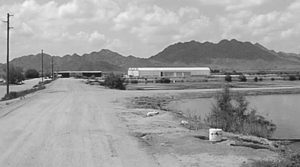
Biosecurity and closed recirculating systems
Effective biosecurity requires environmental isolation in a closed system, like RAS, to culture cephalopod species (squid, cuttlefish and octopus).
The mini-array increases the power detection limit of pathogens and is a sensitive diagnostic method that contributes to virus prophylaxis.

Effective biosecurity requires environmental isolation in a closed system, like RAS, to culture cephalopod species (squid, cuttlefish and octopus).
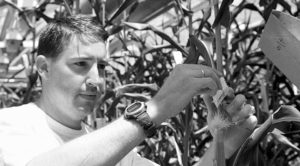
Scientists are developing edible vaccines for the animal healthcare market that can be delivered directly through corn grain.
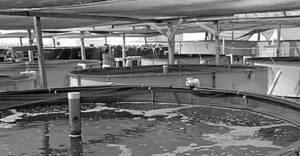
An aquaculture probiotic is a bacterial supplement to manipulate microbial communities in the water and to improve growth and survival of the cultured species.
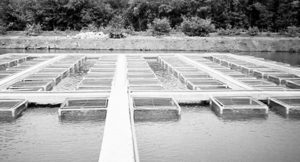
The effectiveness of carotenoid supplements will depend upon the severity of infection and other stress factors that affect the condition of the shrimp.

Thai shrimp processors worked very hard to raise their standards in order to be competitive in the world market.
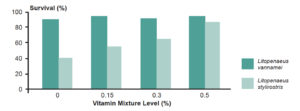
Only a few studies have been conducted with a few species. Shrimp vitamin requirements are simply trace amounts for maintenance metabolism and growth.
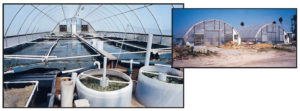
A series of paired production trials evaluated single-phase and three-phase recirculating systems stocked with high health postlarvae.
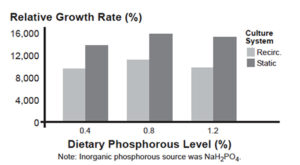
The static shrimp culture system did not negatively affect survival and had a positive effect on growth compared to the recirculating culture system.
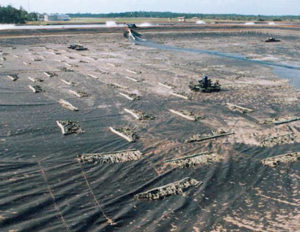
Most environmental concerns about aquaculture practices can be addressed effectively by zero exchange, aerobic, heterotrophic culture systems.
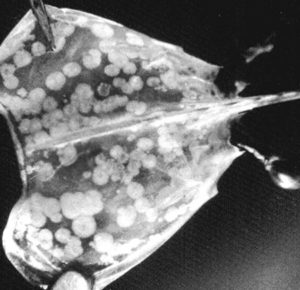
Shrimp viruses have been the etiological agents most responsible for devastating losses, and no country with a significant shrimp farming industry has escaped.
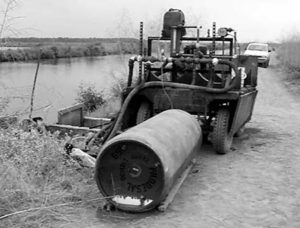
Shrimp farmers in Asia and the Americas have used chemical and biological agents to control White Spot Syndrome Virus (WSSV) disease.
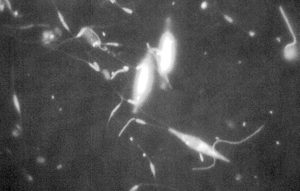
Researchers at the Oceanic Institute studied the effects of pond water on the biology of Pacific white shrimp (Litopenaeus vannamei).
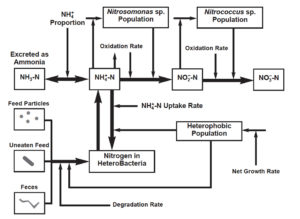
Bacteria play a role in the dynamics of nutrients in aquaculture production systems. This article explores the role of bacteria on nitrogen.
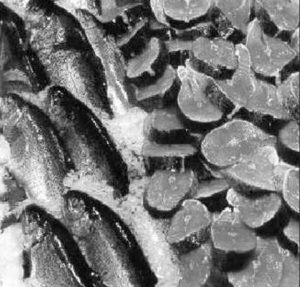
Vitamin E, or alpha-tocopherol, is crucial to fish defense against lipid-oxidising free radicals. It also has great impact on flesh quality.
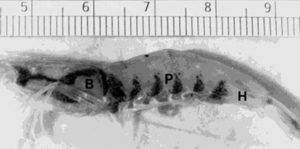
Penaeid shrimp require dietary vitamin C for maximum growth and survival. In the 1970s, a vitamin C deficiency disease was described.